"Toponymy is a huge richness in Álava and how little is it respected!"
- He has spent a lifetime researching Vitoria's toponymy. Receiving place-names, offering the right way... And he asks us about toponymy and tells us his life story, together with Vitoria and Nuarbe (Azpeitia), along with the deaths of Sister Alicia and Anjel Otaegi's mother.

Elena Martínez de Madina Salazar. Vitoria, 1962
Philologist, his research area is toponymy and research is complemented by dissemination. Since 1996 he has been working in Onomasticon Vasconiae, collecting the names of towns, councils, neighborhoods, streets, rivers, houses, etc. of Vitoria-Gasteiz and the municipality, investigating and establishing the right way and publishing every two years a work book for Euskaltzaindia. It usually works in the press, radio and television. He was appointed a member of Euskaltzaindia in 2013.
What put him on the road of toponymy?
At the time I knew nothing about toponymy… I always studied science, but my sister died, she was a teacher and I also decided to study teaching. My sister died in the third division of the COU... I studied a professor in the science field, but by then, through my sister, I started studying Euskera, and I finished my studies as a professor, and I went to study Hondarribia in Basque, at the barnetegi of HABE. It was 1983. There I was from October to Easter. The situation in the house was like this: the dead sister, then the father too, the grandfather… We were a mother, grandmother and I at home, my older brother was studying medicine and was making his way. I was hesitating to go to Hondarribia, but my mother told me I was going to go.
Did you learn Basque in six months?
I knew something, and I came back from Hondarribia to Vitoria and started at HABE here. But it was a strike and I went to another boarding school, Neguri, by the hand of the Euskaltegi Ulibarri. They had rented a house and there. By then he was working at night at the Jesús Obrero school in Vitoria, where he taught for several days. I went and went on a trip, boarding school in Vitoria. Then came the summer, I did the exam to take the Basque title, and I passed it! In Hondarribia it started in October, in third or, and the next summer it had title!
"In my opinion, the high-level people of "intellectuality" have always believed that disclosure is something for the plain people"
You knew something, therefore, when you started in Hondarribia…
Something! What my sister taught me! When he died, a friend of his taught me a little more. I was very interested, but without the year of Hondarribia I wasn't going to do it. In July I got the Basque degree and in September I began studying Basque Philology. At night I continued to teach in Jesus Lanz: I taught physics, mathematics, chemistry...
And why did he do it from science to letters?
I have many different interests. I'm very curious. “The truth of Fernando,” for example, I started looking for what that meant. I studied in the music conservatory, I completed the piano career, I’ve been Txistulari since I was young… At 11 years old I started participating in the scares of txistularis, Brusa Day, when I went out, no girl, with my brother. On the other hand, we have been great mountaineers, I am concerned about social issues, teaching…
What did you get to study in Basque at that time?
Brothers and, above all, sisters. He completed his studies as a professor and moved to Nuara in 1977.
We will have to name our sister…
It was called Alice. Four girls learned as teachers attended. Alicia, Bego, Esther and Itziar [Puelles]. Bego and Esther have been teachers in Vitoria, in the ikastola Barrutia, and Itziar married a nuarbeto and the andereño stayed in the ikastola of Azpeitia. The Council of Álava created the Euskera Service, led by Visitación Oiartzabal, who made the plan. My sisters were the first to go there, it was a pilot experience: they put themselves in both homes, not in a house. I remember taking the car and taking the sister to Nuarbe. And yet, when he said he had to go to Nuara at home, we all asked the same question. “And where is that Nuarbe! ?”.
There, where it has always been…
...We took him to Lohisoro. It was the Korta. They had four children. Jose Inazio, Juan Karlos, Xabier and Josune… Lohisoro is in Nuarbe, but not on Nuarbe Street, but beyond. It was going to be the beginning of the course, September, and it was raining, a dark day… In Lohisoro we were welcomed very well, but nevertheless! We lived in Vitoria-Gasteiz, in the Plaza de la Provincia! Lohisoro was an isolated farmhouse! I remember, back, my mother told her father: “Oh, Antonio, but where have we left our daughter?” Her sister did there the year, then got the Euskera title and started at Olabide Ikastola in the next year. He spent two years at Olabide after his death in 1980, the first of August, in a traffic accident. Maria Otaegi, mother of Anjel Otaegi, went from Nuarbe to Azpeitia and, upon his return, suffered an accident. They both died.
.jpg)
This means that even after two years, Alicia maintained her relationship with Nuarbe...
During the year he was in Lohisoro de Nuarbe, Alicia maintained an immense relationship. Alice and our whole family! That year, on a Sunday we were there, visiting, and those of Lohisoro also came to Vitoria, the day of Santiago, a great festival always in Vitoria. That habit lasted 20 years, until our mother died her whole family, to eat, almost until 2017. What I mean is that that first year a huge relationship emerged between the two families, which remained in time after Alicia's death.
What memory do you have of Alice's death?
I was in the summer camps in Corres, while the two older sons of Lohisoro, José Inazio and Xabier, came to Vitoria, one to Gamarra and another floor. On July 27 of that year, after Santiago, therefore, two kids from Alicia and Nuarbe came to the camp where I was, to greet me, because they went to Nuara, to the Azpeitia parties. Then Alice died with Otaegi's mother. In fact, Bego lived with Mary [Otaegi], not Alicia, but Bego and Alicia met in Nuarbe and had great complicity from the very beginning. I also went to Nuarbe on several occasions, met Mary [Otaegi], and Mertxe, his sister. This one, my oldest daughter Mari Mertxe [Urtuzaga, see ARGIA 2.476] and I accompanied myself.
On 1 August 1980, a traffic accident, your sister Alicia and Mary, Anjel Otaegi's mother, died...
Maria Otaegi had a visit or had to do something at parties in Azpeitia, and was led by Alicia. On the return of the mission they suffered an accident when they reached Nuara on a curve. And they died... I had just come from the camp home and the next day, when I was with my friends in the pool, eating chorizo tortilla at noon... megafony warning to go to the pool entrance Elena Martínez de Madina. They told them they were going home. When I got home, my parents told me that Alicia had suffered an accident and that she was very serious. He had already died. His father was very nervous, unable to take the car and had to call a friend who had a taxi. And we worry. “Oh, what kind of hospital or what will they have there?”
You came to Azpeitia.
And we got to the health center. And I told my parents, “Quiet, I will ask myself.” And I got out of the car and I got into the cure. “I come… an accident… a girl from Vitoria…” and those from there: “Ah, girl dead at noon today!” “Goodbye! Is he dead?" “Yes, and they have brought the body to Nuarbe.” And I got into the car and I had to give "good news" to my parents. And Lohisoro. There was our Alice in the coffin. Until the next day we couldn't bring Vitoria, leaving our mother in the wake.
“In EiTB we have in Azazazéta, Lazarrága, Ilarduo… but in our language we have Azázeta, Lazárraga, Ilárduia. The Algerian language is as good as the following."
We certainly have one of the milestones that has marked your life. However, your toponymy work has brought us to you. Did she go to toponymy when she studied philology?
No! In Philology you do not learn toponymy! I took the Euskera title and started working. I was working on Jesús Langile, but I also taught Euskera classes in the Euskaltegi Udaberria, with intensive courses for officials, and I could not miss the students. On the other hand, if something else had to be done, it did! I'm very sleepy and at night I studied. I started going to college, but I soon realized that in many cases it was not worth going, it was better to read articles. I didn't think to waste my time.
Until then, I had studied science. How did it adapt to philology?
I had to take an assistant to study Latin. We were at the level of adaptation, hundreds of people, most of us were working, and nobody was beyond Latin. And, on the other hand, Latin was the first issue I overcame! I followed my path, with all my sauces and finished my philology. By then I loved research. I once went to Patxi Goenaga and Henrike Knör and said, “I want to do research!” “What would you like to investigate?” they said. “I don’t know, I don’t care!”… One day a research group was formed with Enrique Knörr. I asked him: “What are we going to investigate?” And Enrique: “Toponimiaz”. I had to go to the library to see what toponymy is, to pick up what I wrote about toponymy… I knew nothing! And on the other hand, I'm a citizen, a city kid.
But in the city there is also toponymy.
Yes, but that has to be discovered, and in that I try to teach it. I participate in a radio program and demos “Basoa kalea”. That's the toponym, "Basoa," and for that is toponymy, among other things, to show what our language has been. In toponymy everything happens, some names are kept, others disappear, some return and others are distorted. And I started unknowingly, and I'm doing it now.
.jpg)
What is the first work of the toponymy researcher?The first,
to appropriate the scientific method: method, system… The researcher must learn to investigate. In my case, I have studied in depth the municipality of Vitoria, that is, 63 villages. This means that I had to analyze the documentation of this last century, collecting the toponyms on each page. In 1996 we started this work, but as usual at that time, anyway. Today we would do it differently. I currently have over 500,000 different records, all toponyms, mixed. Its management is an immense task. At first, I worked with a group of historians, and I was the only philologist. And I had to design a program to sort out the drunken name. I've taken years to sort that name wonder and start to investigate.
And when we started researching, what?
And keep on researching! Demos, Jeniturri, here's Gometxa's toponym. At least... It looks like there's water. And that jen, what is it? And even, where exactly is that place? “Two whaling shots of this place...”, or “limits with...”. In other words, these kinds of explanations appear in the documents, often inaccurate, or the references are not well collected, or the scribe, who has not been here either, has not understood the name of the place and has written it as he can. And you start making hypotheses or making a puzzle!
And what is that place name of Jeniturri?
Listen, there was an “expert”, a man, as it could not be otherwise – because men know everything, apparently – who had such a hypothesis, who was willing to make an article – who had to allow him to publish the article, because he was absolutely indifferent – but I told him not to do so. Jeniturri... You care, you give yourself a fox! Go and catch!
What beautiful!
Yes, very beautiful, but nobody hears! Ha, ha... This depends on the sensitivity of the people, and for example, Vitoria has been a very conservative toponymic, you only have to see the names of the streets. I have been consulted many times before naming that place: “Elena, will you look at what we touch in that part of the city?” Many names have come: Zabalgana, Salburua, Borinbizkarra… Eharin, say Boronbizkarra, and I had to go to her, to explain the name, because things have to be explained. What do we do if we don't? !
"XX. In the 19th century, it seems that disclosure was secondary. “They don’t understand...” says the presumed intellectuality, and I say: “Explain it in another way that people can understand it!”
Does it mean that no explanation is given?
I think very little. In my opinion, the high-level people of “intellectuality” have always believed that disclosure is a thing of the plain people. Not just in our environment. This is the case of Carl Sagan in understanding the universe. With it we will not learn everything, but at least avoid some fears. Carl Sagan was no lame! And instead, in the 20th century, it seems that disclosure was secondary. “They don’t understand...” says the presumed intellectuality, and I say: “Explain it in another way that people can understand it!”
You are a fan of disclosure.
I do all the outreach work I can! I have been in Radio Vitoria for sixteen years and have participated in the series Egun on, Euskadi for seven years. And nobody has ever come to tell me to correct what I said. As in the case of the collaborations I write in the newspaper: I have never had to change a comma, I write things well thought out. He speaks yes, participates in conversations, but always rigorously. That's what I think is disclosure. This year I have also been called for summer to participate in a radio show, but I said no, I have to finish the next volume on the toponymy of Vitoria! And I, what am I going to tell you, then, I am autonomous. This toponymy work will end next year and we will see what is coming… But, of course, I started toponymy without knowing it, but it is terrible, there is our language!
What a joy for you!
Yes, then! And on the radio, and let people call, ask about that name or that name, and explain, and understand listeners -- joy, not small! These names are ours, it's our language. Some names have been distorted and others have been retained. It's amazing! Language, toponymy… everything is terrible! Toponymy is a huge richness in Álava and how little is it respected! How little is respected the Alavese toponymy, the Alavese language, the accounts alavesas.Ahí is always in EiTB Azazéta, Lazarrága, Ilarduo… but in our language we have Azázeta, Lazárraga, Ilárduia. The Algerian language is as good and as straightforward as that of neighbouring countries!
It is asking for respect.
Yes, then! The Alavese language has retained the accent of the Old Basque Country. Here's Birgara, there Bergára. Little respect [Biscayan and Gipuzkoan] and little trust, us, Alaveses. Aberásturi, here; Aberastúri in Bizkaia. The two are correct, but in Álava we have kept the melody of old and in the rest not. It's no better one than the other, the two are right, and it's over, but it won't overlap anyone. Here are Azázeta, Ilárduia, Aberásturi…, the Algerian language must be respected!
SUBPARAGRAPHS
Anjel Otaegi
“We made a great relationship with Mary [Otaegi], it wasn’t many years that they smoked her son, only two years, and we asked her Bego, Alicia, myself… How it was, when it was captured, shot… I was eager for things. And when Mary died, Mertx told us her sisters. And there was also Xexilio [Joy], baseman. The freight forwarder made by Alicia with Xexilio is still in our homes. And the clamp basket! Relationship!”
* * * * * * *
Basque Country
“Our parents were from that time, classic, but very open. There's no more: they had a fondness for culture and they had to go back and forth. For example, in our house we would not miss excursions or exits, and although at some point we received some sanction, they never prevented us from hiking. And for example, we took the car and we never went to the Mediterranean, but Basque Country, yes, we ran everything! That was the open attitude!”
Euskaldun berria
“Euskaldunzaharras should thank the Euskaldunberris. And what effort have we made for our children to speak in Basque? And how many people have worked, even if they don't know Euskera, for children to learn in Euskera, to help them do housework. It was a great effort and a great bet. And we still have to despair! How good!”
LAST WORD
Universal
“It has taken me too many hours of toponymy and has hardly given me any dislikes. It has also given me a new world, that of our land, that of everyone. And he's taught me that everyone, there and here, is normal. Go a little around the world and you will see that references are always the same throughout the world: streams, streams, streams… Universal!”
Things aren’t easy in fact, and it will be for one reason or another, but lately I’ve bitten my tongue more than I should for these two things: the culture of the sold out and the FOMO – the latter perhaps has to be explained, because it’s not said so many times: the... [+]
In mid-January, the Cedarras Forum presented the report Euskadi and the European Union, the shared destiny of prosperity and competitiveness. It contains recommendations for the PPAs, taking as a reference the reports submitted by Draghi and Letta for the European Union.
Based... [+]
Hamasei migrante atxilotu zituzten otsailaren 6an Baionan, etorkinen eskubideen aldeko elkarteek salatu dutenez. Dirudienez, Baionako prokuradoreak eman zuen agindua. Operazioa autobus geltokiaren eta Pausa harrera zentroaren artean gauzatu zuen poliziak, tartean, adingabekoak... [+]
Just as we experienced the flourishing of the Basque Country with the help of the artists, so that this time, taking advantage of their impulses, we continue to make our way together giving the necessary support to the Basque political prisoners, exiles and deportees
The... [+]









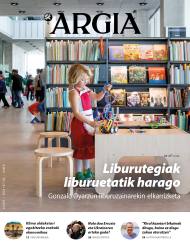

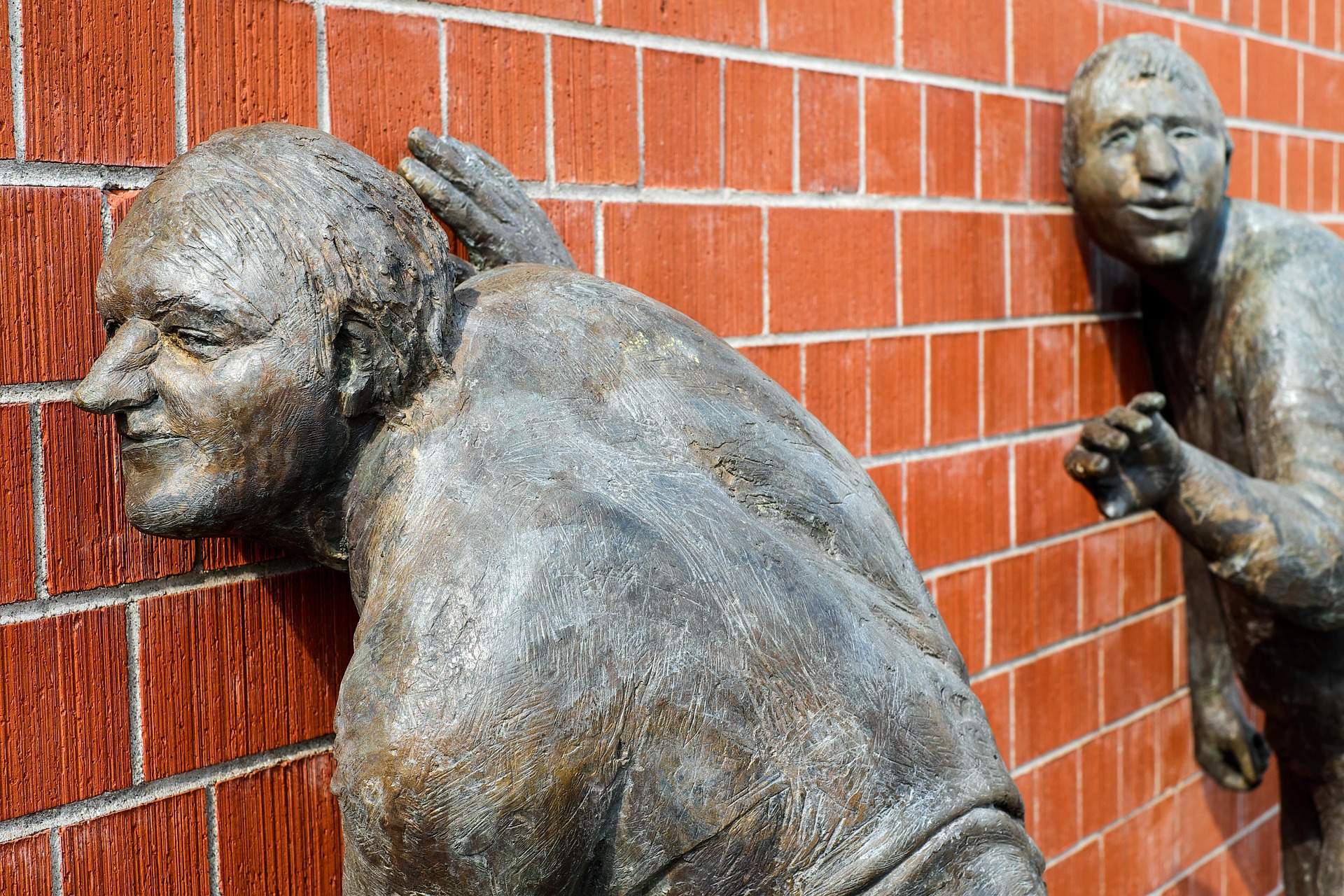
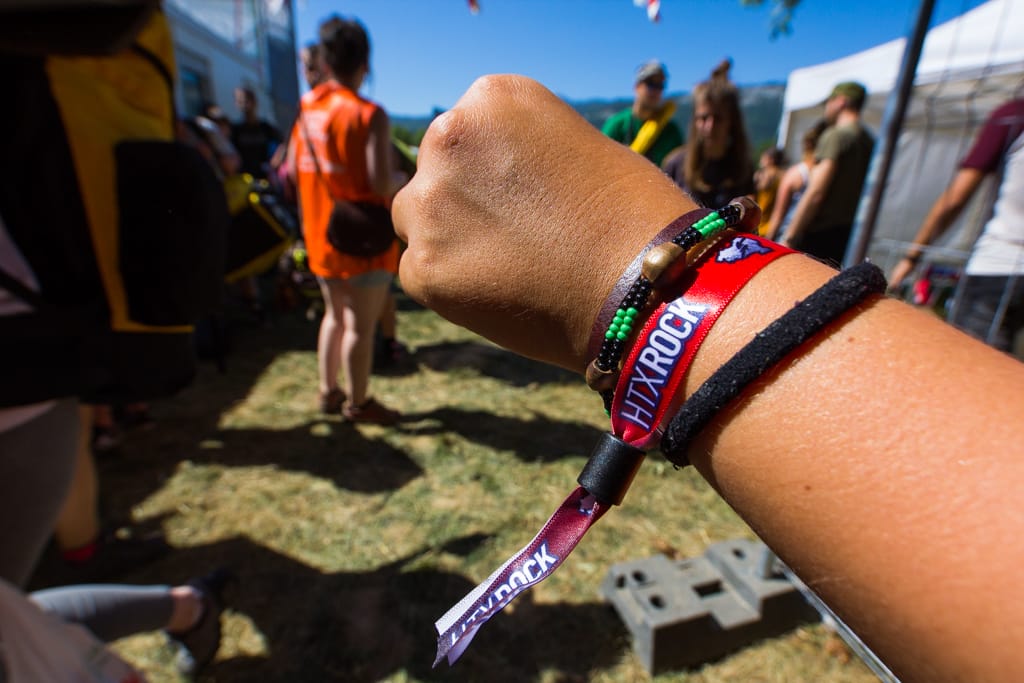


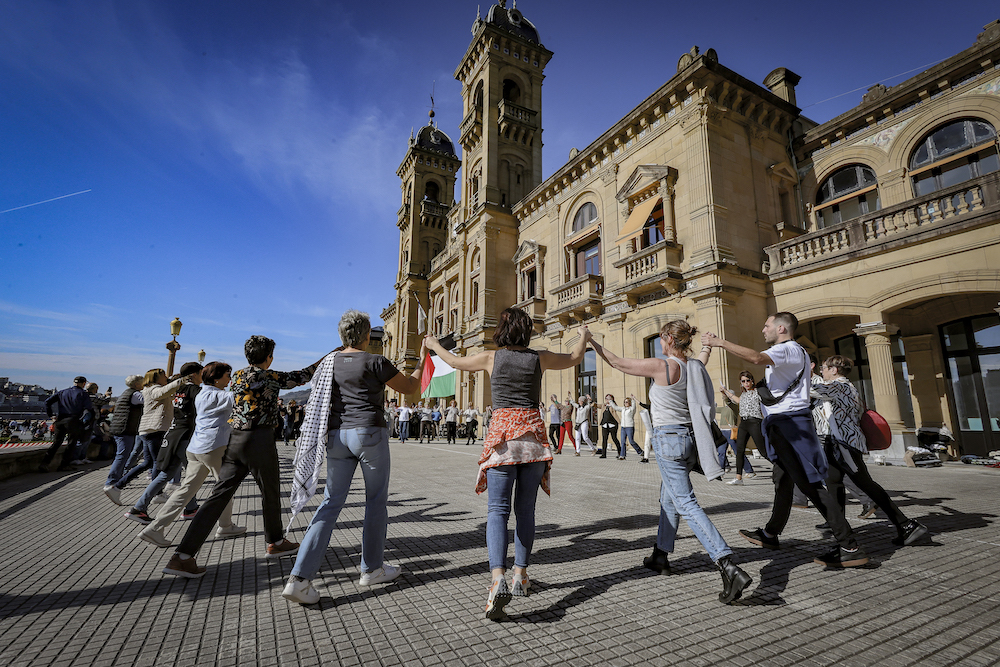
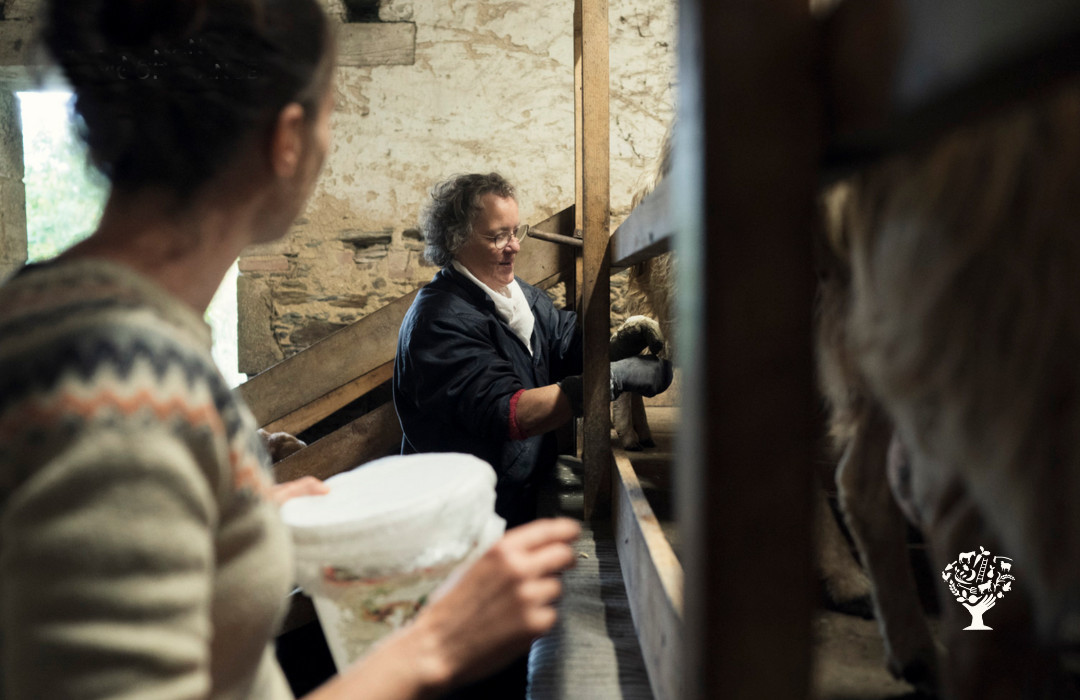
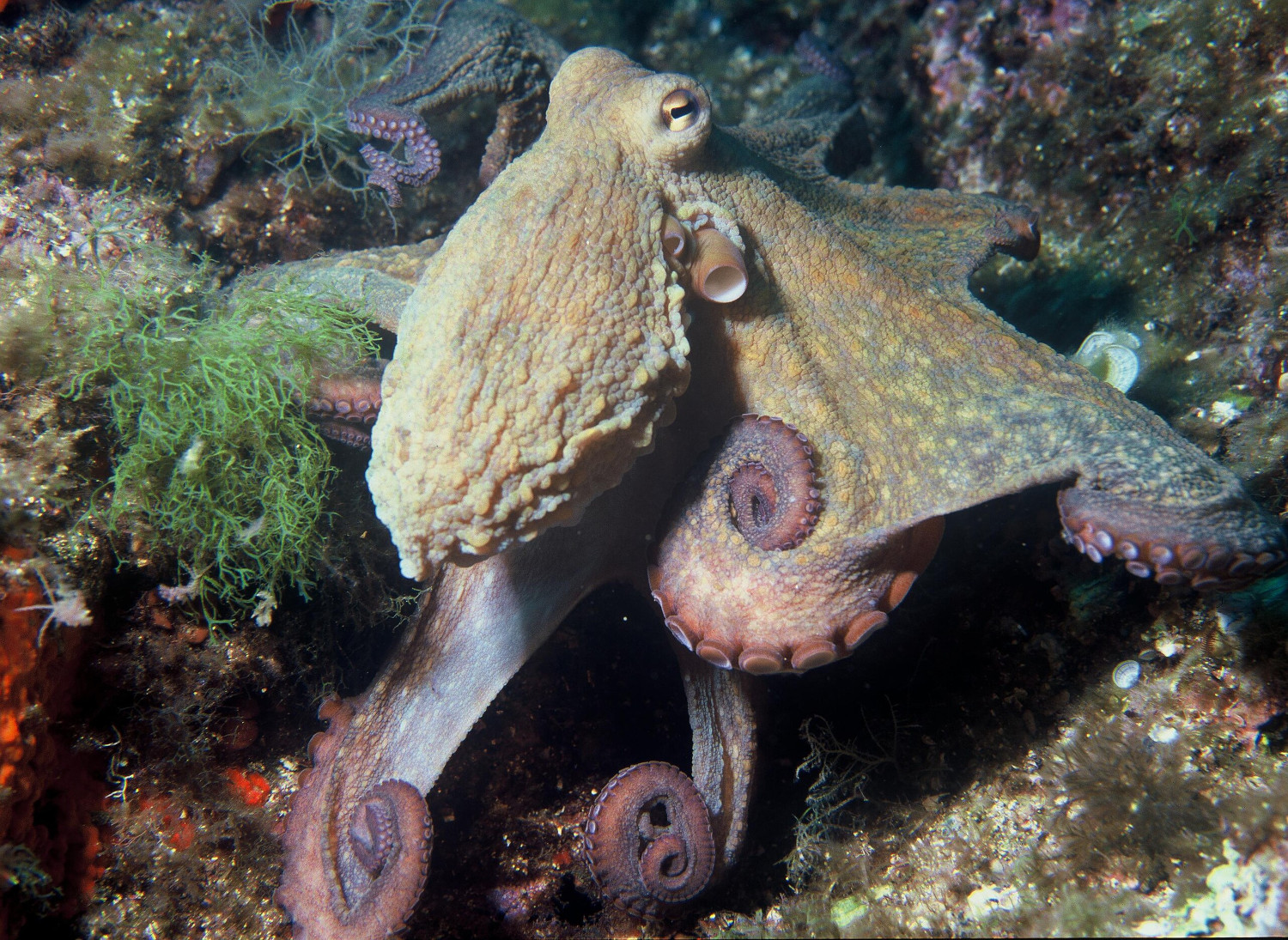


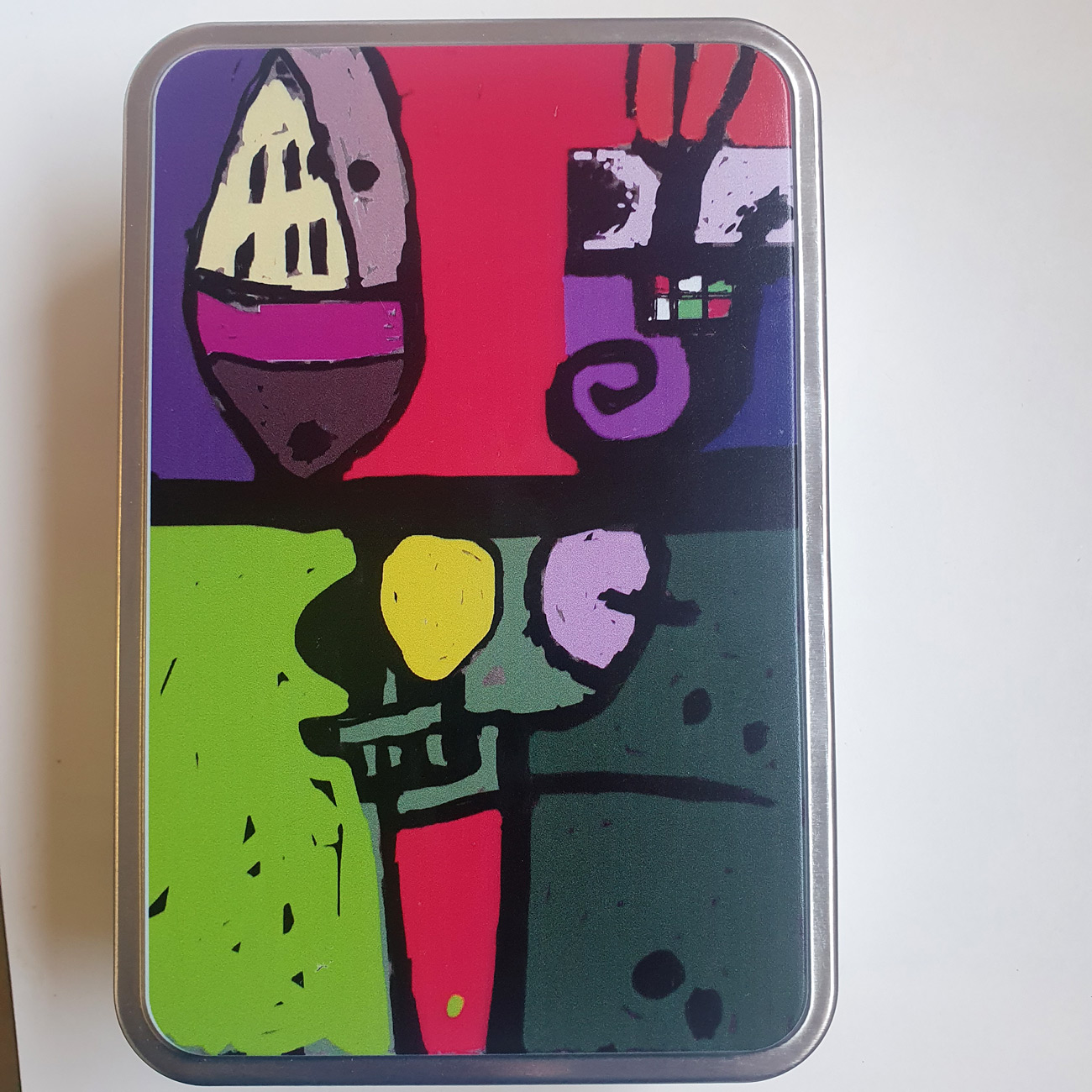

_2.jpg)